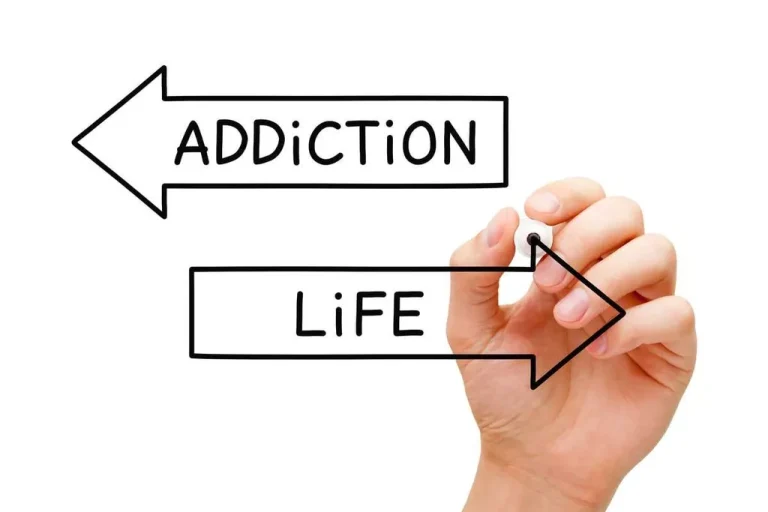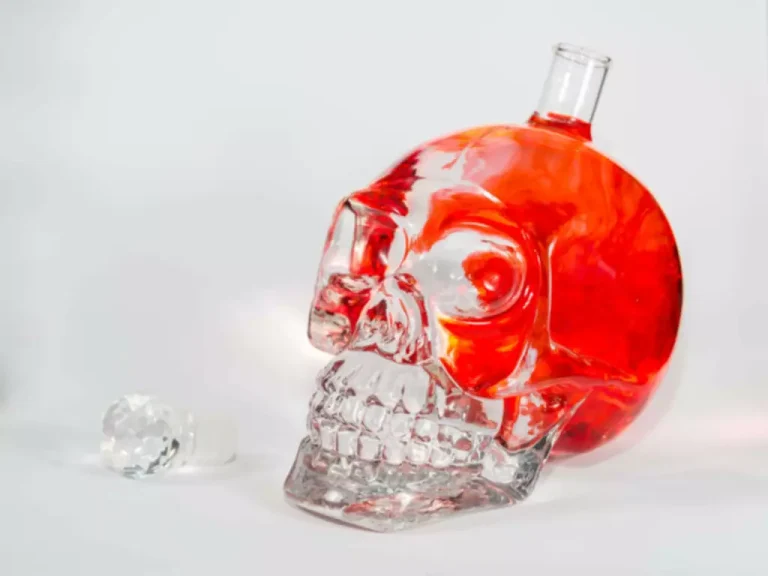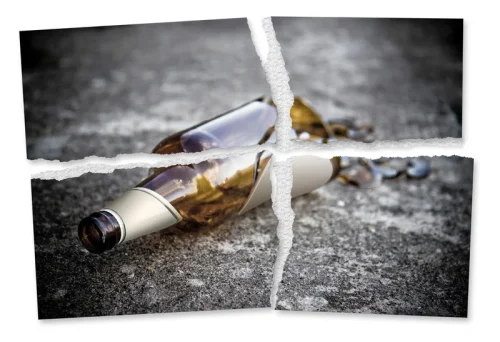
Brain fog is a common phenomenon experienced during alcohol withdrawal. It is characterized by a lack of mental clarity, confusion, impaired concentration, and memory issues. While not a condition itself, brain fog can significantly impact cognitive abilities and daily functioning. Brain fog, or mental fog, is often described as feeling mentally drained and unable to concentrate. Signs of brain fog include reduced cognitive functioning or difficulty with paying attention, keeping focus, multitasking, and memory recall.
Alcohol Brain Fog: Causes, Symptoms, Remedies
This is because sleep disorders can disrupt the quality and quantity of sleep, which can lead to fatigue and difficulty thinking clearly. In this blog post, we will discuss what causes brain fog from alcohol, the symptoms of alcohol fog, and how to remedy the problem. By Sarah Bence, OTR/LBence is an occupational therapist with a range of work experience in mental healthcare settings. For people at low risk of complications, an office visit to your primary care provider, along with at-home monitoring and virtual office visits, may suffice.
Timeline of Alcohol Withdrawal

Alcohol use disorder (or alcoholism) is also a clear issue for the brain. It has been linked to a higher risk for dementia, especially early-onset alcohol brain fog dementia in a study of 262,000 adults, as well as to smaller brain size. But someone can make a full recovery and start withdrawing from alcohol.
What do healthcare professionals who work with adolescents need to know about alcohol?
So, if you’re struggling with brain fog from alcohol, do your best to go for a walk in the sunlight every day. In fact, research has shown that walking can help improve brain function and reduce the risk of developing Alzheimer’s disease. While alcohol is a relaxant and can make you feel good at first, chronic alcohol use can cause mental health issues.

Liver damage
- Another way that alcohol can affect the brain is by reducing its size.
- In short, alcohol use during adolescence can interfere with structural and functional brain development and increase the risk for AUD not only during adolescence but also into adulthood.
- Detox is an essential first step in the treatment of alcohol use disorder, but it is just the beginning of the recovery journey.
- No matter how much you drink, adding whole nutrient-dense foods to your diet is going to help your body and brain work better.
- If alcohol is interfering with your health or your personal, financial, or professional life, consider quitting.
- Conversely, other recent data suggest a lower risk for dementia in people consuming a few alcoholic beverages a day.
Alcohol dependence happens when our brain chemistry adapts to the presence of alcohol, leading to a reliance on it to feel ‘normal’. This dependence plays a significant role in the https://ecosoberhouse.com/ intensity and duration of brain fog during withdrawal. The more prolonged and heavier the alcohol use, the greater the probability that the brain fog will remain for a longer time.
- Alcohol increases the effects of gamma-aminobutyric acid (GABA), for example.
- This dangerous condition occurs when an individual consumes excessive amounts of alcohol, overwhelming their body’s ability to metabolize it.
- Behavioral treatment programs are helpful for people who want to quit drinking.
- Here at Sunnyside, we use the science behind habits to help you reach your goals.
- It’s also why we might have difficulty concentrating or recalling certain things.
- Many people with brain fog also feel fatigued — both mentally and physically.
The Importance of Counseling and Therapy
Receive encouragement from people worldwide who know exactly what you’re going through! You’ll also have the opportunity to connect with our licensed Reframe coaches for more personalized guidance. There are several popular apps for a brain workout, including Fit Brain, which features exercises that target emotional intelligence and self-awareness.

Signs and Symptoms

Without treatment, DT can be fatal in more than one-third of people whom it affects. People with DT may experience seizures, dangerous changes in blood pressure, and excessive vomiting and diarrhea, which can result in nutritional deficiencies. Alcohol is a risk factor for traumatic brain injuries (TBI) due to falls, car accidents, fights, and other blows to the head. According to a 2010 analysis, 35–81% of people who seek treatment for a TBI are intoxicated.
What effects does alcohol have on mental health?
Detox is an essential first step in the treatment of alcohol use disorder, but it is just the beginning of the recovery journey. To achieve long-term sobriety and maintain a fulfilling life, individuals need to engage in various aspects of aftercare and relapse prevention. These strategies provide ongoing support and help address the underlying issues that contribute to addiction. Before we look at alcohol’s role in brain fog, let’s take a moment to define brain fog.
- These may still be mild, or the existing symptoms might increase in severity.
- Those with a wider circle of support have a better chance of staying sober.
- The researchers linked alcohol consumption to various types of cardiovascular problems, including stroke.
- In fact, you may find that instead of floating on a pink cloud, you feel like you are trying to see through one.
- If your alcohol addiction is already taking over your life, we highly recommend starting a healthy withdrawal program.





